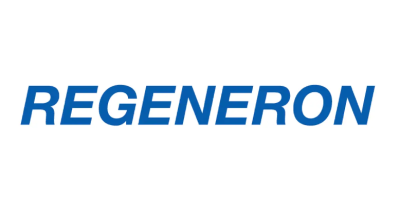Regression of atherosclerosis – development and validation of a preclinical model
In this project, a translational preclinical model, in which atherosclerosis regression can be established by aggressive cholesterol-lowering treatment has been developed. This provides the research community and pharmaceutical companies, among which consortium partner Regeneron Pharmaceuticals, a translational model and underlying knowledge that can be used in an entire new generation of novel cardiovascular disease (CVD) therapies.
CVD is a major cause of death and morbidity in the Western world. Low Density Lipoprotein Cholesterol (LDL-C) is a widely recognised primary causal risk factor for atherosclerosis and, consequently, for CVD. Although statin therapy results in a reduced incidence of CVD, treatment remains suboptimal due to (i) residual CVD risk that persists after statin treatment, (ii) failure of patients to achieve their LDL-C goals despite statin treatment, and (iii) statin intolerance in patients with too high LDL-C. New treatments have been developed for this, mostly humanised antibodies directed against recently identified lipid-enhancing target proteins.
A new potential treatment strategy is to inhibit these target proteins using humanised antibodies in combination with statin therapy. However, validated preclinical models to study the reduction of pre-existing atherosclerosis (regression) with this type of intervention and underlying mechanisms are lacking.
This project therefore focused on:
- Development of a translational preclinical model for atherosclerosis regression to gain a better understanding of the underlying disease processes.
- Validation of the model using novel treatment strategies for CVD.
Using a triple treatment strategy of two newly developed lipid lowering humanised antibodies (against proprotein convertase subtilisin/kexin type 9 (PCSK9) and angiopoietin-like 3 protein (ANGPTL3)) on top of a standard statin therapy (with atorvastatin), it was possible to successfully develop and validate a translational preclinical model (APOE*3Leiden.CETP mice) for regression of atherosclerosis. With triple treatment, the already formed atherosclerotic plaques became smaller, more stable and inflammatory cells disappeared from the plaques.


